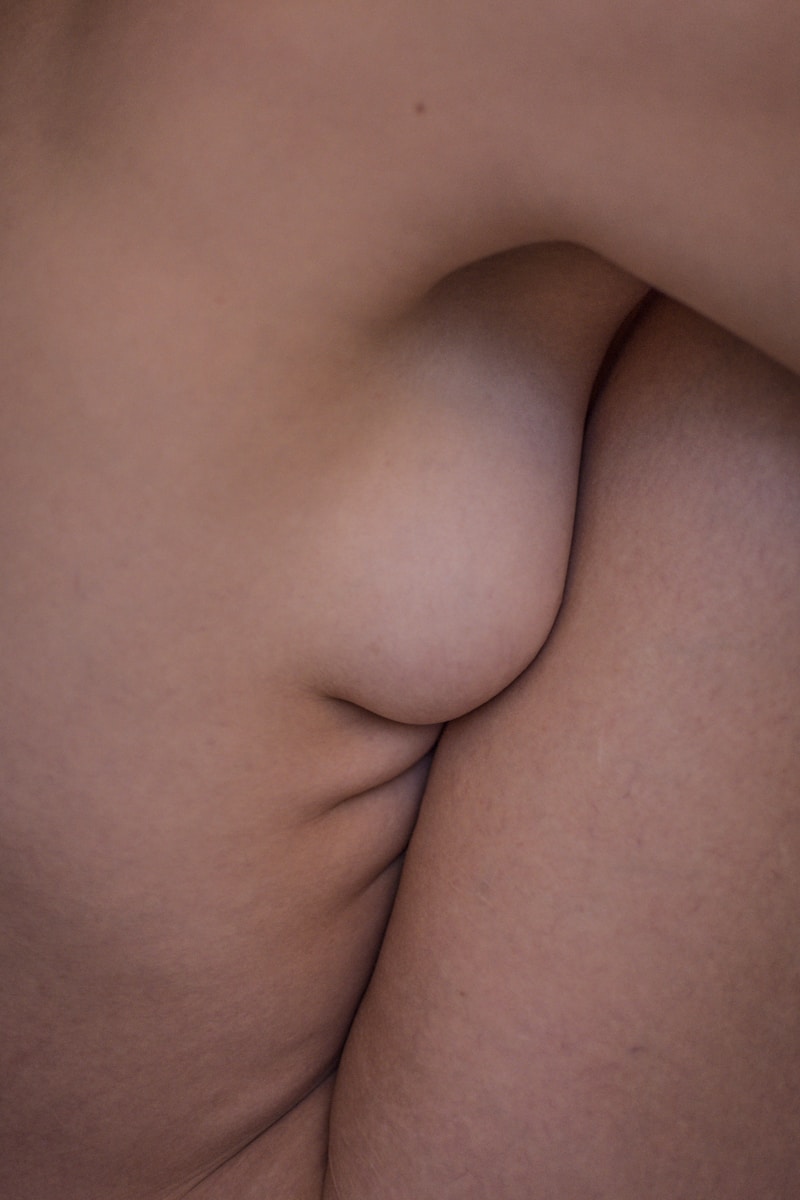The Ultimate Guide to Softness Against the Skin: Why Comfort Matters
Understanding Softness Against the Skin
When it comes to choosing fabrics, one of the most important factors to consider is softness against the skin. This quality can dramatically influence our comfort and wellbeing. In this article, we will explore why softness is essential, the various fabrics that provide this quality, and practical tips for selecting the best materials.
Why Softness Matters
Softness against the skin plays a crucial role not just in clothing but in bedding, towels, and other fabric items we interact with daily. Here are some reasons why this quality matters:
- Comfort: Soft materials provide a sense of comfort, leading to a more enjoyable experience, whether you're wearing a shirt or lying in bed.
- Skin Health: Fabrics that are rough or irritating can lead to skin problems such as rashes or allergies. Soft textures are far less likely to cause discomfort.
- Emotional Wellbeing: Soft fabrics can evoke feelings of warmth and security, impacting overall mood and emotional health.
Different Fabrics That Provide Softness
Let's explore some of the most common fabrics known for their softness against the skin:
| Fabric Type | Description | Ideal Use |
| Cotton | Breathable and natural fibers that are gentle on the skin. | Shirts, sheets, towels |
| Bamboo | Softer than cotton and has natural anti-bacterial properties. | Pajamas, bedding, activewear |
| Silk | Luxurious and smooth to the touch, often hypoallergenic. | Sleepwear, scarves, lingerie |
| Modal | Derived from beech trees, modal is soft and drapes well. | T-shirts, dresses, undergarments |
| Cashmere | Soft, warm, and lightweight; made from the undercoat of cashmere goats. | Sweaters, wraps, luxurious items |
How to Choose the Right Fabric for Softness
When selecting fabrics for various uses, here are a few tips to ensure you make a choice that enhances softness against the skin:
1. Check Fabric Composition
Look for materials that are known for their softness. Generally, natural fibers like cotton, bamboo, and silk rate high in softness compared to synthetic materials.
2. Feel Before You Buy
Whenever possible, feel the fabric before purchasing. Pay attention to how it feels against your skin. Is it soft and inviting, or does it have a rough texture?
3. Consider the Weight
Heavier fabrics can sometimes feel softer because they have a more substantial drape against the skin. However, lighter fabrics can also feel soft while being breathable—think light cottons or modal.
4. Look for Certifications
Certifications such as Oeko-Tex or GOTS indicate that the fabric has been tested for harmful substances, ensuring that the material is safe and soft against your skin.
Common Questions About Softness Against the Skin
What Is the Softest Fabric?
The softest fabric can vary from person to person, but many agree that fabrics like silk and cashmere rank at the top due to their luxurious feel and comfort.
Is Bamboo Fabric Really Soft?
Yes, bamboo fabric is known for its incredible softness and is often softer than cotton. Additionally, it has natural properties that make it hypoallergenic and antibacterial.
How Does Fabric Care Affect Softness?
Fabric care is crucial for maintaining softness. Using mild detergents and avoiding harsh chemicals can help retain the fabric’s natural softness over time.
Softness in Home Textiles
Softness against the skin extends beyond clothing—home textiles like sheets, pillowcases, and towels should also be chosen with care. Soft bedding improves sleep quality while soft towels enhance your daily bathing experience. Dedicate time to selecting high-quality materials for these items.
Final Thoughts on Softness Against the Skin
Choosing soft fabrics is essential for comfort and well-being in everyday life. From shirts to sheets, the right material can improve your comfort levels significantly. Always remember to prioritize softness against the skin while shopping, taking into consideration the fabric composition, weight, and feel. With the right knowledge and approach, you can ensure a cozy and enjoyable experience in whatever textiles you choose. So take the time to explore your options and make thoughtful choices for your wardrobe and home.
